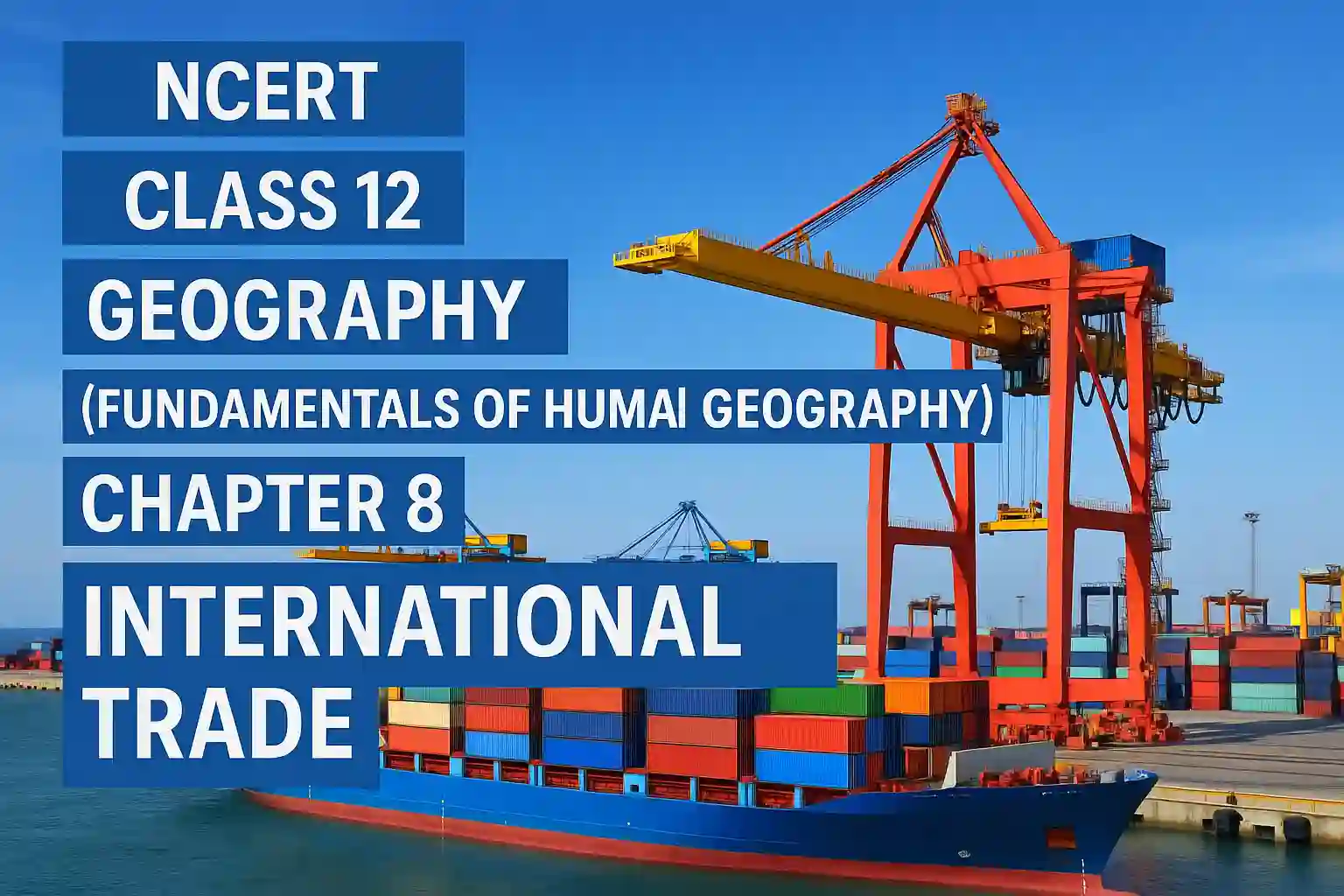If you’re preparing for SSC, UPSC, Railway, or state-level competitive exams, then you already know that GK plays a major role in clearing the cut-off. But instead of mugging up endless facts, it’s smarter to focus on important, frequently asked questions. I’ve compiled a list of relevant topics from history, polity, economy, science, and more — all structured simply for revision.
Modern Indian History: Key Events You Should Know
- The Revolt of 1857 is considered India’s first major freedom movement. It started from Meerut and involved leaders like Rani Lakshmi Bai, Tantia Tope, and Bahadur Shah Zafar.
- The Indian National Congress was founded in 1885. Its first session was held in Bombay, presided over by W.C. Bonnerjee.
- The Jallianwala Bagh Massacre happened in 1919 in Amritsar. General Dyer ordered open fire on a peaceful gathering.
- The Quit India Movement was launched in 1942 under Gandhi’s leadership. Its slogan was “Do or Die”.
Freedom Movement Timeline
| Year | Event |
|---|---|
| 1857 | First War of Independence |
| 1885 | Formation of INC |
| 1919 | Jallianwala Bagh Massacre |
| 1930 | Dandi March |
| 1942 | Quit India Movement |
| 1947 | India gets Independence |
Indian Geography: Basics That Matter
- The Tropic of Cancer passes through 8 Indian states including Gujarat, Madhya Pradesh, and West Bengal.
- The highest peak in India is K2 (Godwin-Austen) located in the Karakoram range.
- The Ganga is the longest river in India.
- The Thar Desert lies mostly in Rajasthan.
Indian Polity: Core Questions
- The Constitution of India came into effect on 26 January 1950.
- The Preamble defines India as a Sovereign, Socialist, Secular, Democratic Republic.
- The President is the head of the state, while the Prime Minister is the head of the government.
- Article 370 gave special status to Jammu and Kashmir, which was revoked in 2019.
Indian Economy: Basics for Exams
- RBI was established in 1935 and nationalised in 1949.
- Planning Commission has been replaced by NITI Aayog in 2015.
- India’s current economic planning follows a five-year vision approach but not under the name of five-year plans.
- Fiscal deficit means the government is spending more than it earns.
Awards and Honours
- Bharat Ratna is India’s highest civilian award. Notable recipients include Dr. A.P.J. Abdul Kalam and Sachin Tendulkar.
- Nobel Prize in Peace was awarded to Kailash Satyarthi in 2014.
- Booker Prize is a major award in English literature.
International Politics and Organisations
- United Nations was formed in 1945 with the aim of maintaining world peace.
- WHO (World Health Organization) focuses on global health issues. Headquartered in Geneva.
- BRICS includes Brazil, Russia, India, China, and South Africa. It focuses on economic cooperation.
Science and Technology
- Newton discovered the laws of motion and gravity.
- The human heart has four chambers.
- DNA carries genetic information and is shaped like a double helix.
- ISRO launched Chandrayaan-3 successfully in 2023, making India the first to land on the Moon’s south pole.
Sports and Games
- The first Indian to win an Olympic gold individually was Abhinav Bindra in shooting (2008).
- The ICC World Cup 1983 was won by India under the captaincy of Kapil Dev.
- PV Sindhu has won medals in two Olympic games — Rio 2016 and Tokyo 2020.
Useful Table: Mixed One-Liners for Quick Revision
| Question | Answer |
|---|---|
| First woman Prime Minister of India | Indira Gandhi |
| Capital of Sri Lanka | Colombo |
| Largest democracy in the world | India |
| Father of the Indian Constitution | Dr. B.R. Ambedkar |
| Founder of Facebook | Mark Zuckerberg |
Final Words
Instead of feeling overwhelmed, focus on mastering 10–15 GK facts daily. Don’t just cram — understand the context. Try mock tests, revise weekly, and link facts to real events around you. With the right approach, scoring in GK is easier than you think. Save this list and share with anyone prepping for government exams — it’s a ready-made booster for your next paper.















